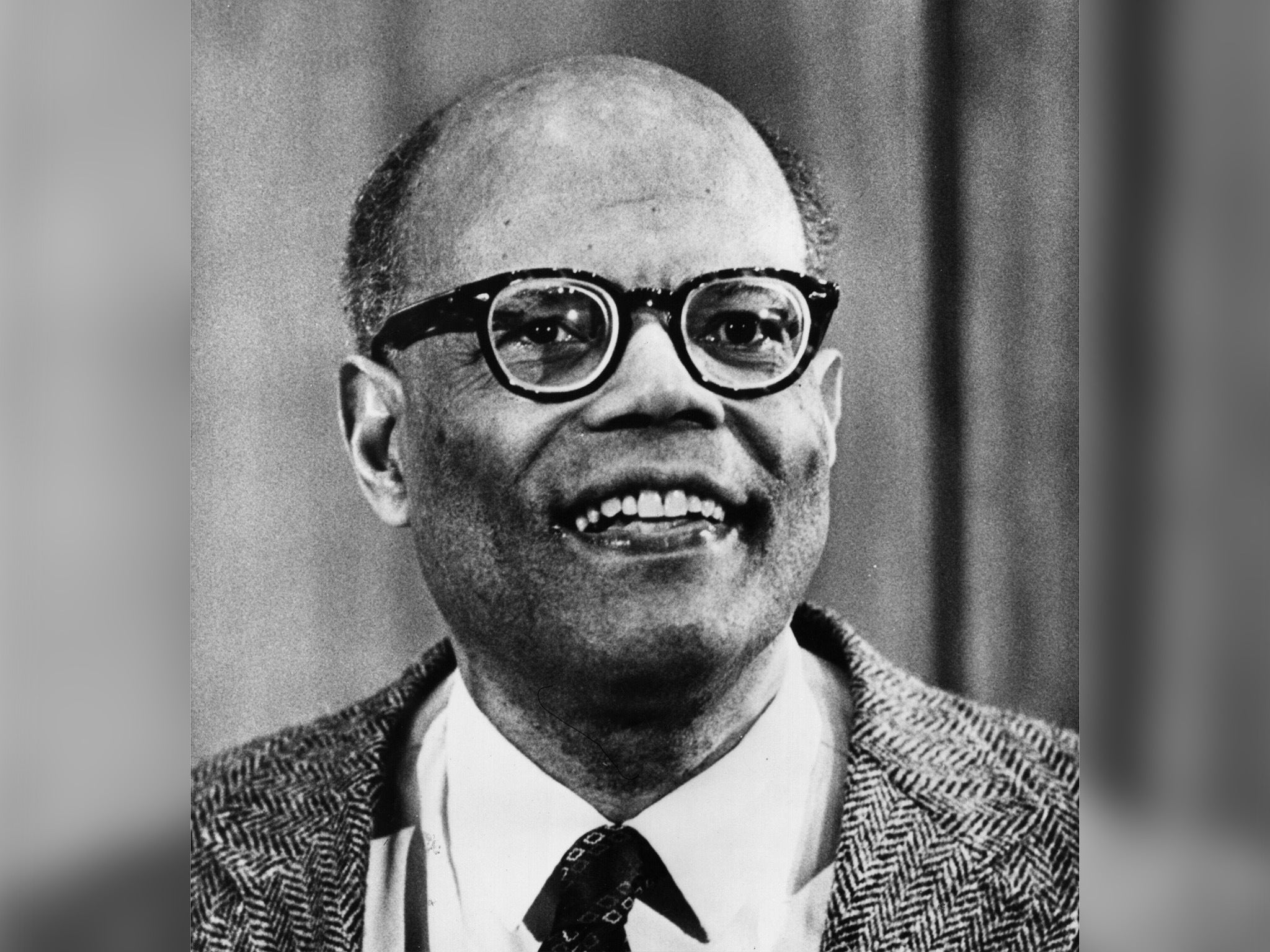
Google is honouring celebrated economist and professor Sir W Arthur Lewis with a Doodle 41 years from the day he was awarded the Nobel Memorial Prize in economics.
Born in St Lucia on 23 January 1915, Lewis found himself excelling in school at a young age, and completing the curriculum entirely by 14.
In 1932, when he was finally old enough to sit the examination, Lewis was awarded a government scholarship to study at the London School of Economics - which is where he would eventually recognise economics as his passion.
However, according to Lewis, he arrived at the school with the intention of studying business administration before returning to St Lucia, as racially discriminatory bans in place in British colonies at the time meant that Black men could only go to school to be a lawyer or a doctor, “where they could make a living without government support”.
“I did not want to be a lawyer or a doctor. I wanted to be an engineer, but this seemed pointless since neither the government nor the white firms would employ a Black engineer,” he explained in his biography, published by Nobel Lectures.
Despite not knowing what economics was at the beginning of his education, Lewis eventually earned a doctorate in industrial economics, a degree that helped him obtain his first teaching position and made him the first Black faculty member at LSE.
By 33, Lewis had become a full professor at the University of Manchester.
However, some of his most important research didn’t occur until 1945 and 1950, when he became interested in the history of the world economy since 1870, and development economics.
In addition to later obtaining a full professorship at Princeton University, making him the first Black instructor to do so, Lewis published numerous articles and books about his research, which were instrumental in their modelling of the economics of developing countries.
Throughout his career, Lewis also acted as an advisor to governments in Africa, Asia, and the Caribbean, and in 1963, he was knighted by the British government for his achievements.
Lewis became a Nobel Prize recipient in 1979 on 10 December, when he was jointly awarded the prize for his research in economics.
After his death at the age of 76 on 15 June 1991, Lewis was buried on the grounds of Sir Arthur Lewis Community College in Saint Lucia, a university named in his honour.







